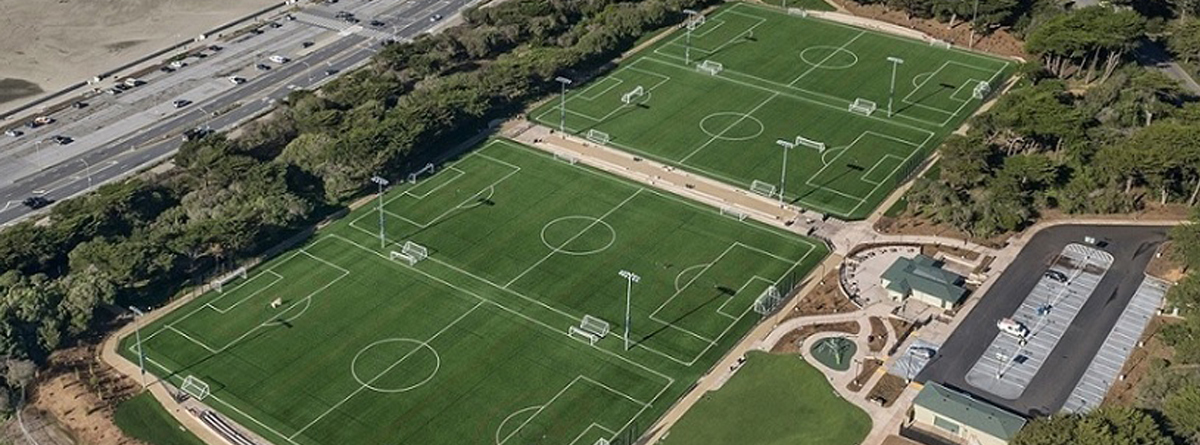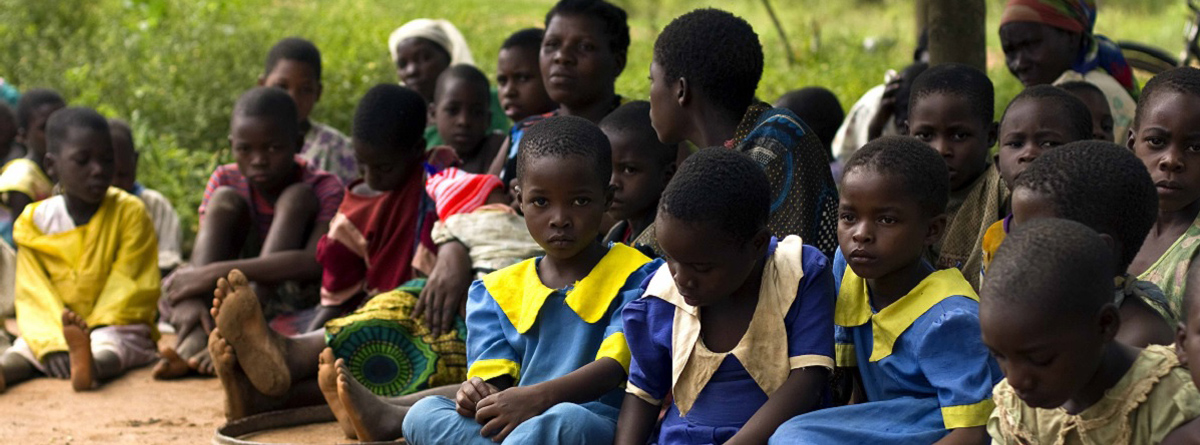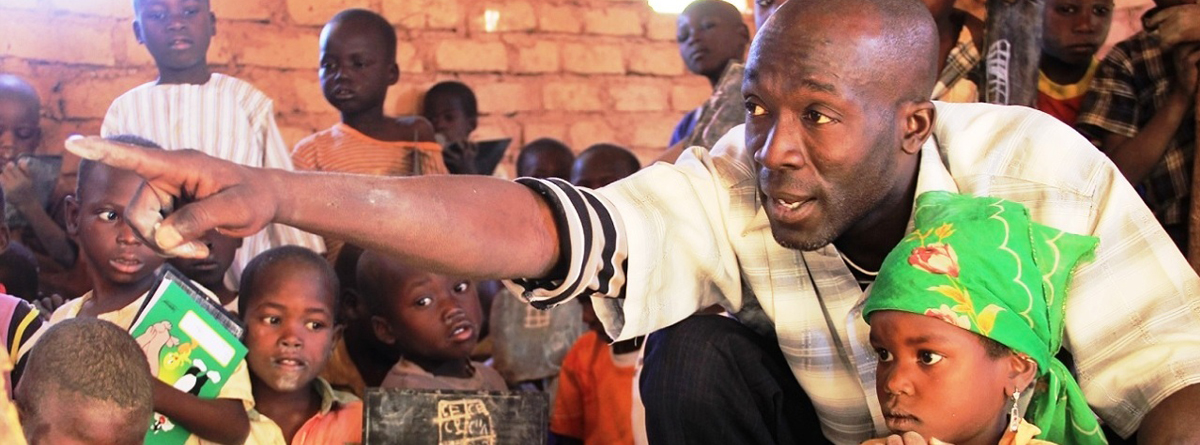
The Diaspora
World Cup
World Cup
|
|
Spain
Miami – West P. Beach
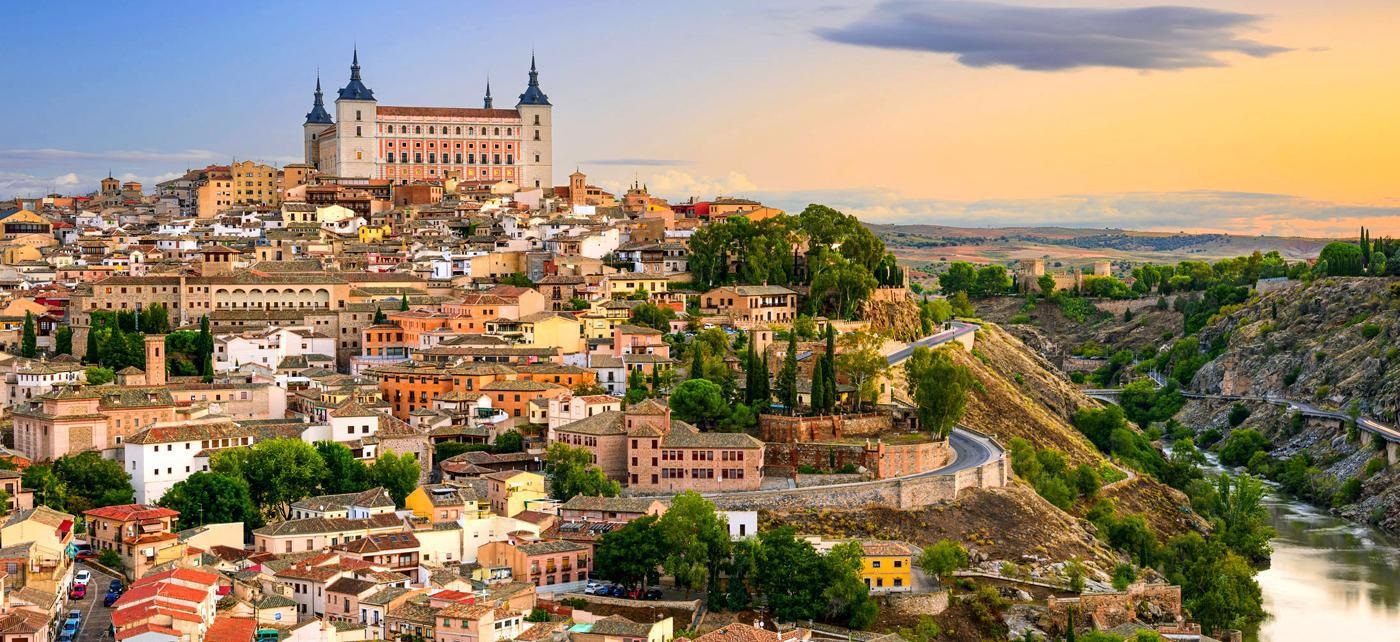
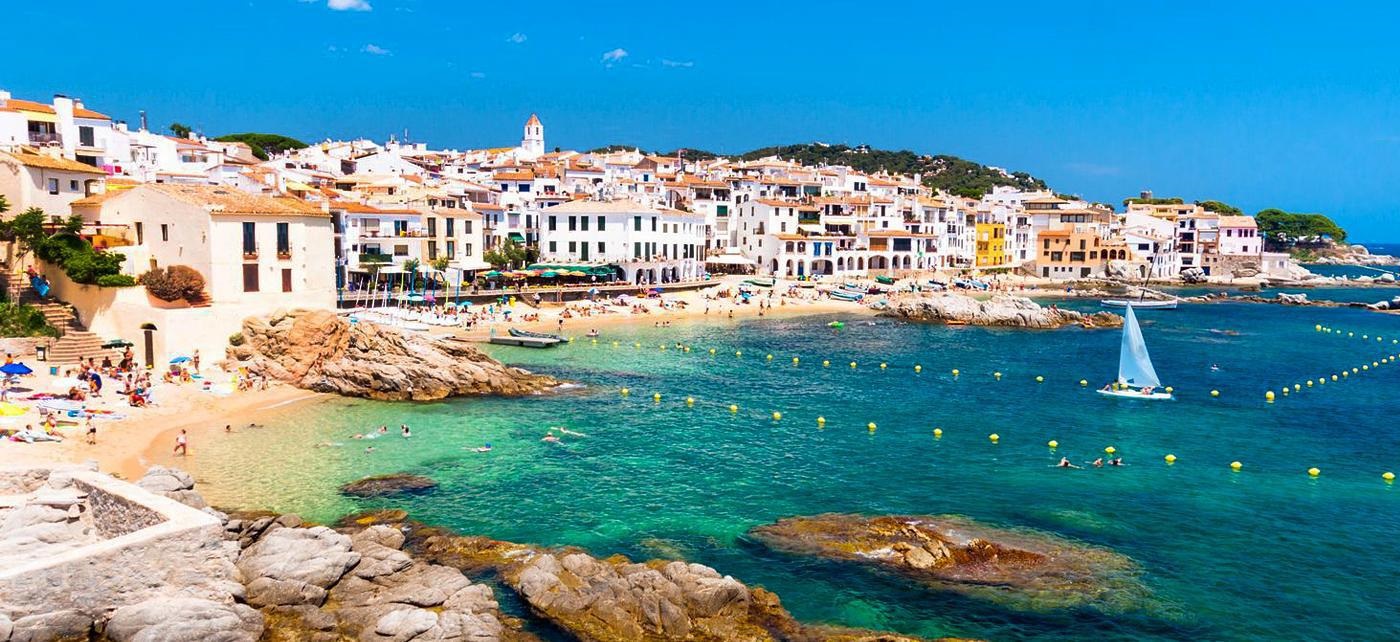
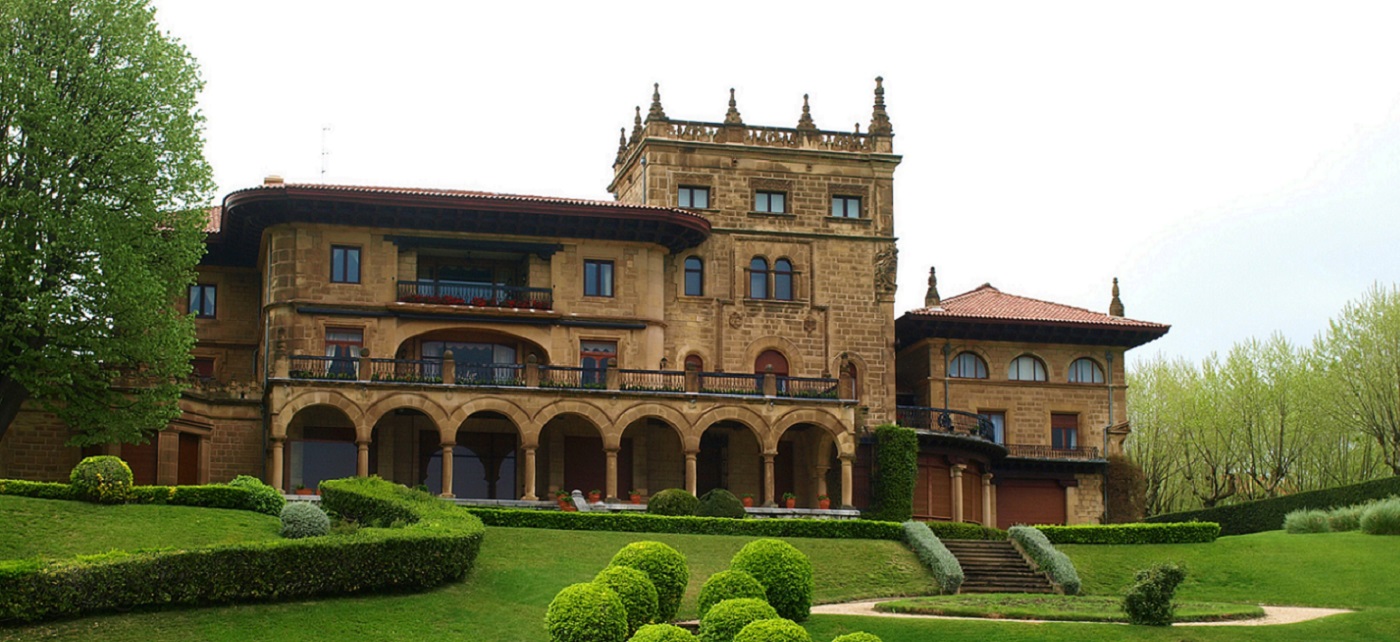
Perfil
Spain, officially the Kingdom of Spain, is a country and member state of the European Union located in southwestern Europe on the Iberian Peninsula. Its mainland is bordered to the south and east by the Mediterranean Sea except for a small land boundary with the British Overseas Territory of Gibraltar; to the north by France, Andorra, and the Bay of Biscay; and to the northwest and west by the Atlantic Ocean and Portugal.
Spanish territory also includes the Balearic Islands in the Mediterranean, the Canary Islands in the Atlantic Ocean off the African coast, and two autonomous cities in North Africa, Ceuta and Melilla, that border Morocco. Furthermore, the town of Llívia is a Spanish exclave situated inside French territory. With an area of 504,030 square kilometers (194,610 sq mi), it is the second largest country in Western Europe and the European Union after France.
Because of its location, the territory of Spain was subject to many external influences since prehistoric times and through to its dawn as a country. Spain emerged as a unified country in the 15th century, following the marriage of the Catholic Monarchs and the completion of the reconquest, or Reconquista, of the Iberian Peninsula in 1492. Conversely, it has been an important source of influence to other regions, chiefly during the Modern Era, when it became a global empire that has left a legacy of over 500 million Spanish speakers today, making it the world's second most spoken first language.
Archaeological research at Atapuerca indicates the Iberian Peninsula was populated by hominids 1.2 million years ago. Modern humans first arrived in Iberia, from the north on foot, about 32,000 years ago. The best known artifacts of these prehistoric human settlements are the famous paintings in the Altamira cave of Cantabria in northern Iberia, which were created about 15,000 BCE by Cro-Magnons. Altamira Cave paintings, in Cantabria Archaeological and genetic evidence strongly suggests that the Iberian Peninsula acted as one of several major refugee from which northern Europe was repopulated following the end of the last ice age.
Artists from Spain have been highly influential in the development of various European artistic movements. Due to historical, geographical and generational diversity, Spanish art has known a great number of influences. The Moorish heritage in Spain, especially in Andalusia, is still evident today in cities like Córdoba, Seville, and Granada. European influences include Italy, Germany and France, especially during the Baroque and Neoclassical periods.
Spanish cinema has achieved major international success including Oscars for recent films such as Pan's Labyrinth and Volver. In the long history of Spanish cinema, the great filmmaker Luis Buñuel was the first to achieve world recognition, followed by Pedro Almodóvar in the 1980s. Spanish cinema has also seen international success over the years with films by directors like Segundo de Chomón, Florián Rey, Luis García Berlanga, Carlos Saura, Julio Medem and Alejandro Amenábar.
Sport in Spain has been dominated by football since the early 20th century. Real Madrid C.F. and FC Barcelona are two of the most successful football clubs in the world. The country's national football team won the UEFA European Football Championship in 1964 and 2008 and the FIFA World Cup in 2010. Basketball, tennis, cycling, handball, motorcycling and, lately, Formula One are also important due to the presence of Spanish champions in all these disciplines. Today, Spain is a major world sports powerhouse, especially since the 1992 Summer Olympics that were hosted in Barcelona, which stimulated a great deal of interest in sports in the country. The tourism industry has led to an improvement in sports infrastructure, especially for water sports, golf and skiing.
Spanish territory also includes the Balearic Islands in the Mediterranean, the Canary Islands in the Atlantic Ocean off the African coast, and two autonomous cities in North Africa, Ceuta and Melilla, that border Morocco. Furthermore, the town of Llívia is a Spanish exclave situated inside French territory. With an area of 504,030 square kilometers (194,610 sq mi), it is the second largest country in Western Europe and the European Union after France.
Because of its location, the territory of Spain was subject to many external influences since prehistoric times and through to its dawn as a country. Spain emerged as a unified country in the 15th century, following the marriage of the Catholic Monarchs and the completion of the reconquest, or Reconquista, of the Iberian Peninsula in 1492. Conversely, it has been an important source of influence to other regions, chiefly during the Modern Era, when it became a global empire that has left a legacy of over 500 million Spanish speakers today, making it the world's second most spoken first language.
Archaeological research at Atapuerca indicates the Iberian Peninsula was populated by hominids 1.2 million years ago. Modern humans first arrived in Iberia, from the north on foot, about 32,000 years ago. The best known artifacts of these prehistoric human settlements are the famous paintings in the Altamira cave of Cantabria in northern Iberia, which were created about 15,000 BCE by Cro-Magnons. Altamira Cave paintings, in Cantabria Archaeological and genetic evidence strongly suggests that the Iberian Peninsula acted as one of several major refugee from which northern Europe was repopulated following the end of the last ice age.
Artists from Spain have been highly influential in the development of various European artistic movements. Due to historical, geographical and generational diversity, Spanish art has known a great number of influences. The Moorish heritage in Spain, especially in Andalusia, is still evident today in cities like Córdoba, Seville, and Granada. European influences include Italy, Germany and France, especially during the Baroque and Neoclassical periods.
Spanish cinema has achieved major international success including Oscars for recent films such as Pan's Labyrinth and Volver. In the long history of Spanish cinema, the great filmmaker Luis Buñuel was the first to achieve world recognition, followed by Pedro Almodóvar in the 1980s. Spanish cinema has also seen international success over the years with films by directors like Segundo de Chomón, Florián Rey, Luis García Berlanga, Carlos Saura, Julio Medem and Alejandro Amenábar.
Sport in Spain has been dominated by football since the early 20th century. Real Madrid C.F. and FC Barcelona are two of the most successful football clubs in the world. The country's national football team won the UEFA European Football Championship in 1964 and 2008 and the FIFA World Cup in 2010. Basketball, tennis, cycling, handball, motorcycling and, lately, Formula One are also important due to the presence of Spanish champions in all these disciplines. Today, Spain is a major world sports powerhouse, especially since the 1992 Summer Olympics that were hosted in Barcelona, which stimulated a great deal of interest in sports in the country. The tourism industry has led to an improvement in sports infrastructure, especially for water sports, golf and skiing.
País Ubicación


